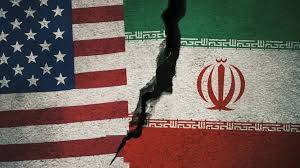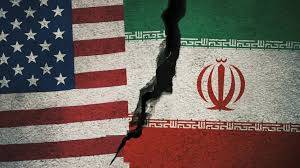An American official confirmed on Monday that "the United States and Iran are not holding discussions on a temporary nuclear agreement," although Washington has informed Tehran of the steps that could spark a crisis and those that could create a better atmosphere between the two sides. This comment underscores the denial issued by the United States last week, which characterized a report about the two countries nearing a temporary agreement as "false and misleading." The official stated that reports about such an agreement are "false," but did not rule out the possibility.
The official did not deny media reports of recent U.S.-Iranian communications but clarified that speculation suggesting they focus on a temporary nuclear agreement is inaccurate. He added, "We have made clear to them the escalatory steps they need to avoid in order to prevent a crisis, and what de-escalation measures they could take to create a more positive context." He refrained from providing details but indicated that Washington would like to see more Iranian cooperation with the United Nations' International Atomic Energy Agency (IAEA).
U.S. and European officials have been seeking ways to curb Tehran's nuclear program since the collapse of indirect U.S.-Iranian talks last year regarding the revival of the 2015 nuclear agreement between Iran and the major powers. Under this agreement, which aimed to prevent Iran from developing a nuclear weapon, Tehran agreed to restrictions on its nuclear program and to more intensive inspections by the United Nations in exchange for the easing of UN, U.S., and EU sanctions.
The administration of U.S. President Joe Biden has repeatedly stated that it will not allow Iran to acquire a nuclear weapon and that all options are on the table, a diplomatic language that could imply the possibility of a military strike.




